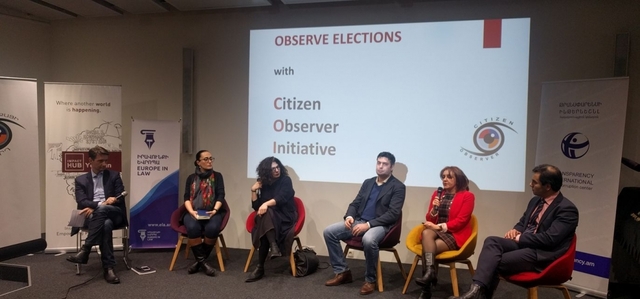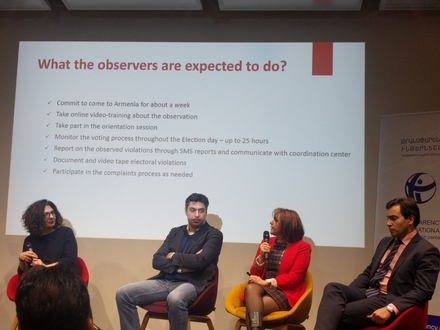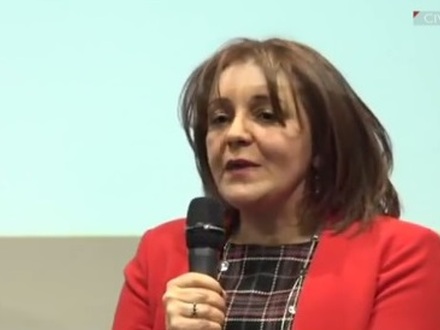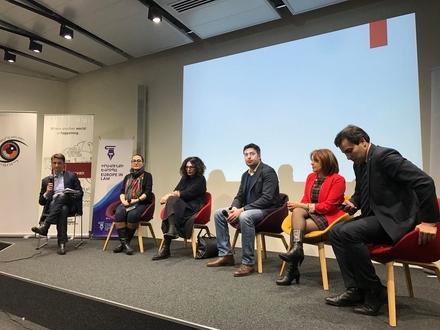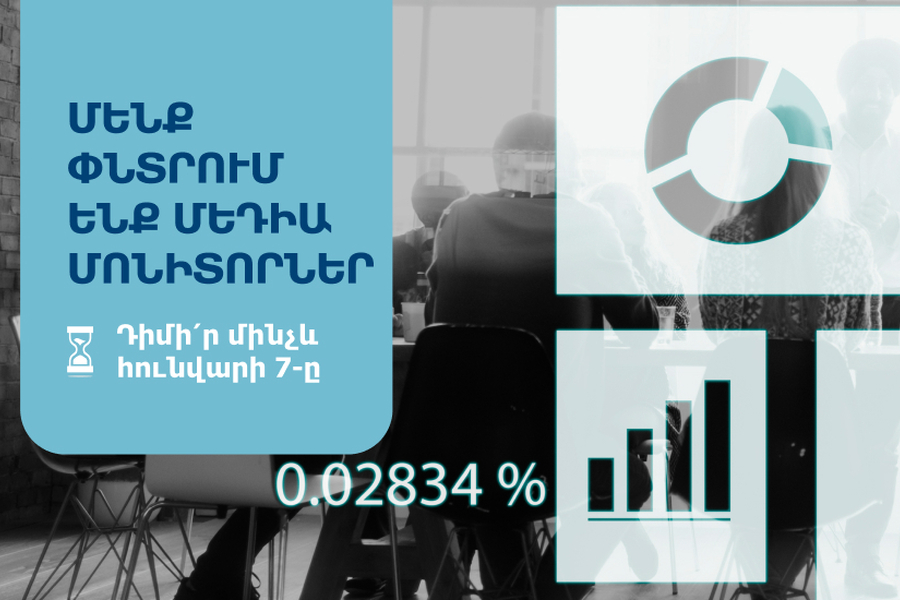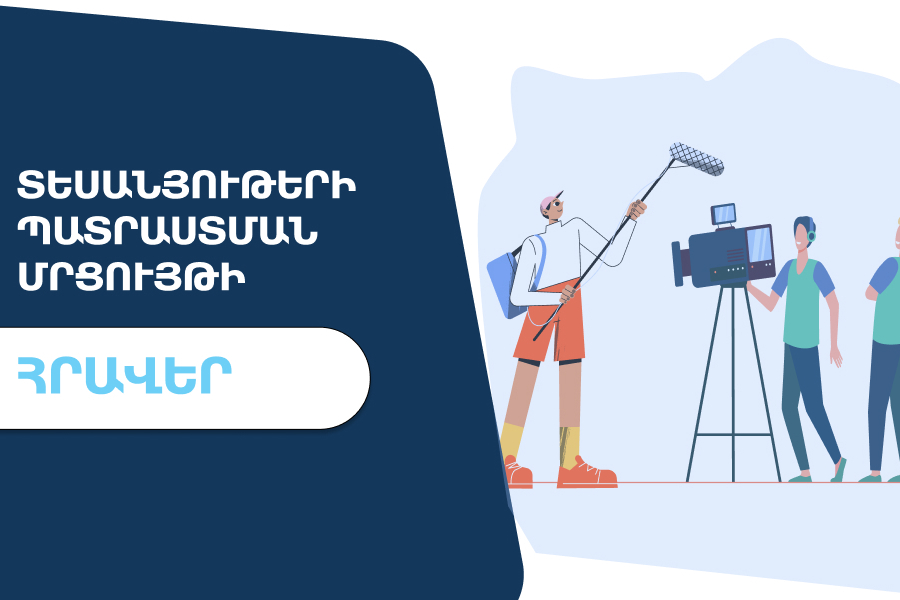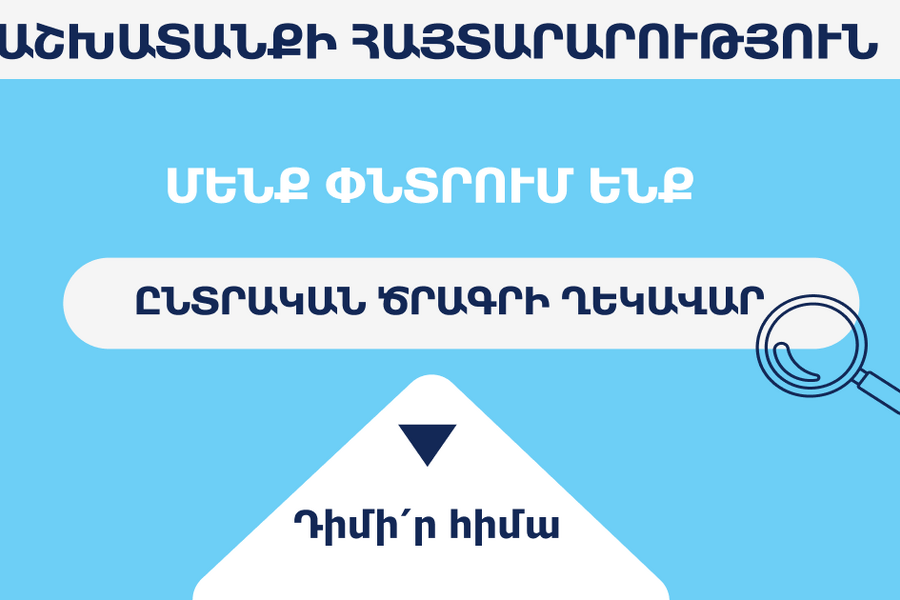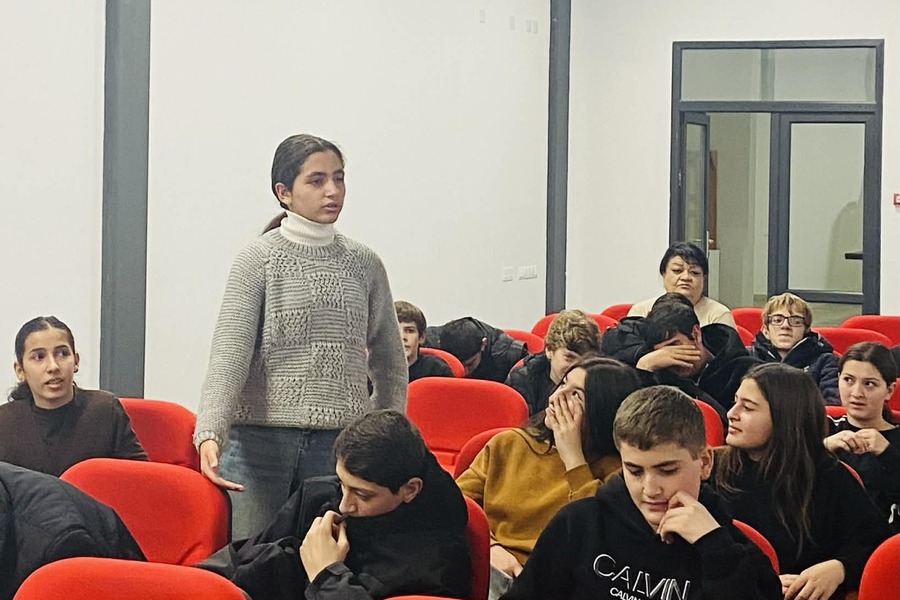Discussion "Becoming an election observer - How & Why"
On February 6, 2017 RepatArmenia and Impact Hub Yerevan, in cooperation with Transparency International Anticorruption Center and Europe in Law Association hosted a discussion on how elections work, the role of an observer during elections and the best ways to contribute to strengthening democratic institutions and engage more deeply in building the Armenia of the future.
Sona Ayvazyan, Executive Director of Transparency International Anticorruption Center was among the panelists who reflected on why elections in Armenia need to be observed, what Citizen Observer Initiative was, what the observers were expected to do, why diaspora was important to join the initiative and why and how they could contribute to the elections.
Other panelists were Tigran Yegoryan, Attorney of Europe in Law Association, Irina Ghaplanyan, Political Scientist and former Citizen Observer, Arsinee Khanjian, Actress, Producer and Justice Within Armenia Initiative and Vartan Marashlyan, Executive Director of Repat Armenia. The discussion was moderated by Raffi Kassarjian.
Sona Ayvazyan noted, “Elections in Armenia for many years have been accompanied by gross violations, ranging from vote buying, ballot box stuffing, multiple voting and carousel voting to falsification of the results. So we have a whole spectrum of violations. In order to prevent some of these violations we need to monitor the elections, to oversee the processes. It is not only related to the day of the elections, but also the pre-election and post-election periods. Because of these violations we do not have legitimate elections. Every time basically after the elections the results of the elections are being challenged. We do not believe that the elections were free and fair, we do not trust in our government and, eventually we have a government which does not really behave in order to be trusted, because it has not been elected in fact. This is why we think that it is important to monitor and our practice and experience showed that the observers in the precincts really make a difference. They prevent the violations, they report on the violations, they complain and we get completely different results from the precincts where we had observers from the precincts where we did not have observers.”


